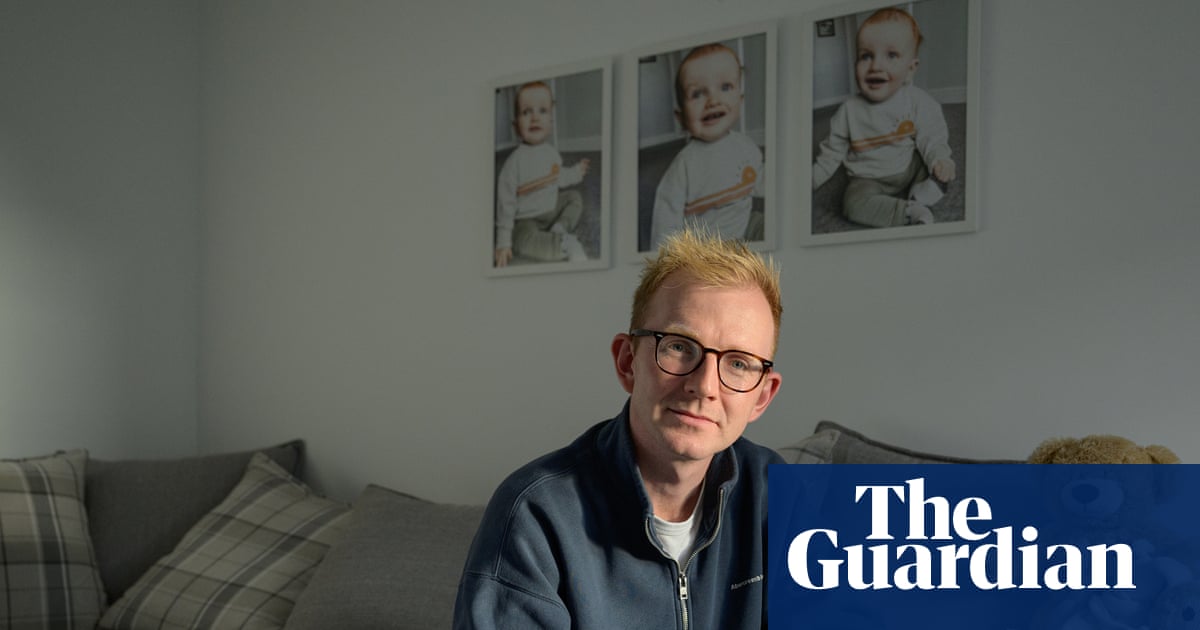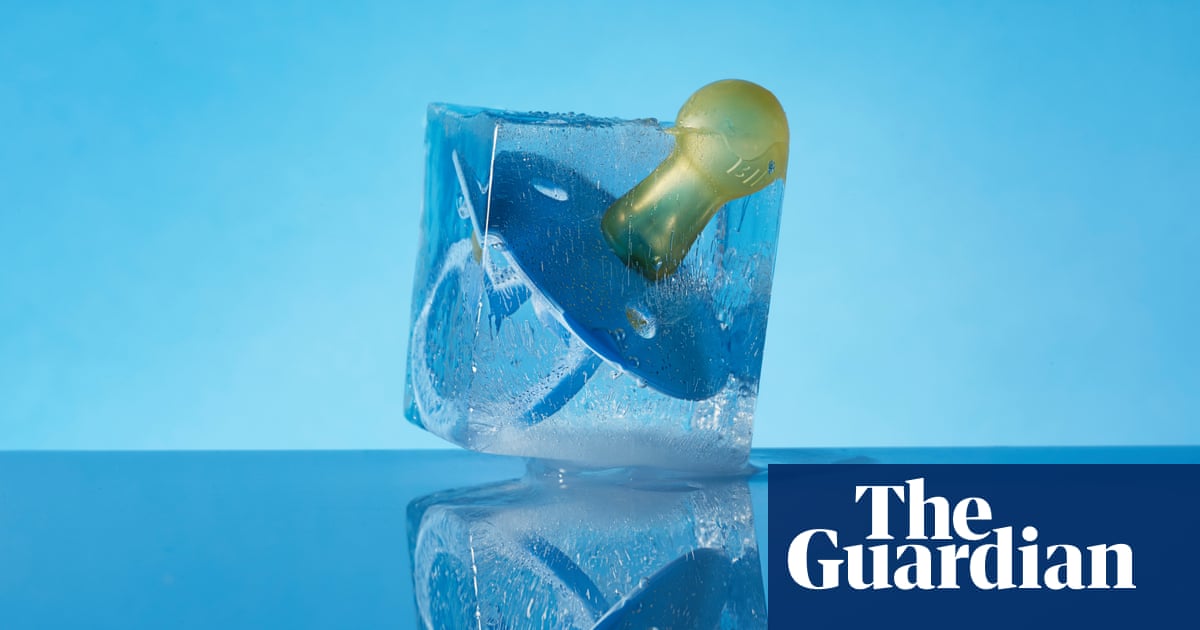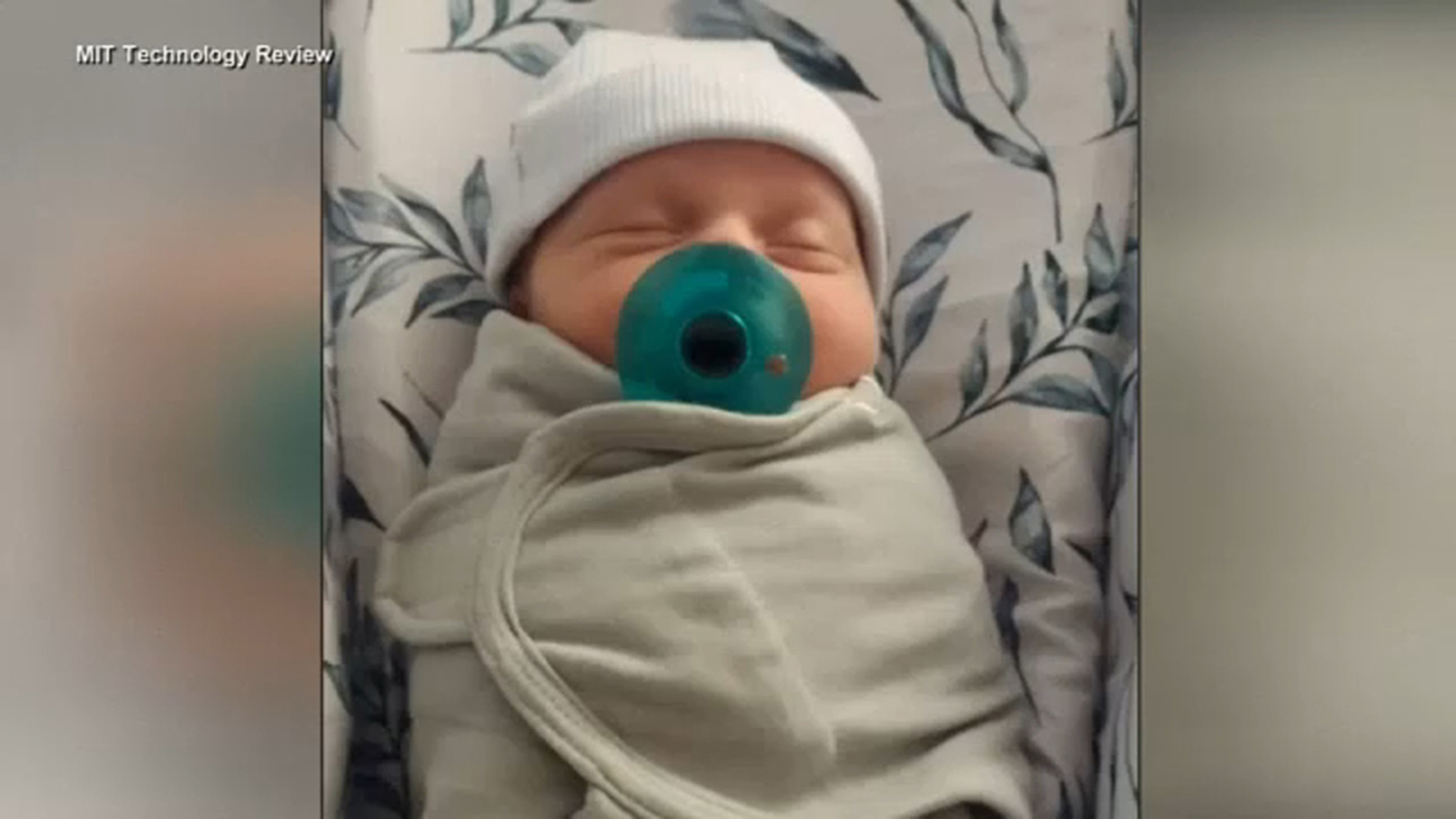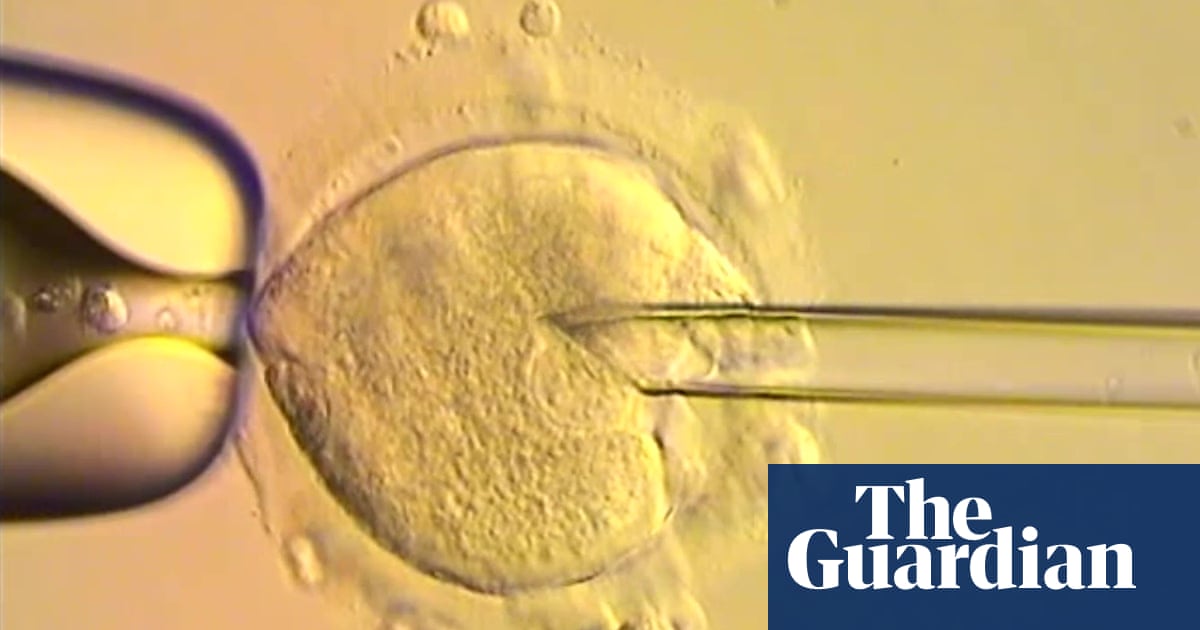#ivf
#ivf
[ follow ]
#fertility #infertility #mental-health #grief #single-motherhood #reproductive-rights #jennifer-aniston
fromConde Nast Traveler
3 weeks agoIn India, Grieving a Heartbreaking Loss and Finding Myself Again
It's my mom's favorite country, and the house we share is full of treasures from her travels there, from peacock fans and silk scarves, to jewelry boxes carved from mango wood. I grew up in the UK, hearing spellbinding tales of painted elephants and mirrored palaces, and India soon occupied a special place in my imagination. Having got to 42 without making it to the promised land, this summer my chances of going there felt slimmer than ever.
Mental health
fromCN Traveller
1 month agoLosing my twins broke me - travelling to India helped me to find joy again
I've always been fascinated by India. It's my mum's favourite country and the house we share is full of treasures from her travels there, from peacock fans and silk scarves, to jewellery boxes carved from mango wood. I grew up hearing spellbinding tales of painted elephants and mirrored palaces, and India soon occupied a special place in my imagination. Having got to 42 without making it to the promised land,
Mental health
Philosophy
fromThe Conversation
2 months agoHow a niche Catholic approach to infertility treatment became a new talking point for MAHA conservatives
Restorative reproductive medicine is promoted as an alternative to IVF by conservatives seeking embryo-friendly options, but policies and medical consensus remain limited.
fromJezebel
2 months agoMike Johnson Doesn't Want Military Members to Have Access to IVF
Typically, NDAA bills are finalized by the end of the calendar year, and the text of the legislation was anticipated to be finalized by Thursday. It the House in a 231-196 vote in September (only 17 Democrats agreed to pass it), Politico that Republican leaders were still trying to tie up some loose ends-such as barely passed though and the Senate passed it with more bipartisan ease during the shutdown in October in a 77-20 vote.
US politics
fromwww.independent.co.uk
3 months agoExecutive loses multimillion-pound claim that IVF bootcamp' caused stroke
From reproductive rights to climate change to Big Tech, The Independent is on the ground when the story is developing. Whether it's investigating the financials of Elon Musk's pro-Trump PAC or producing our latest documentary, 'The A Word', which shines a light on the American women fighting for reproductive rights, we know how important it is to parse out the facts from the messaging. At such a critical moment in US history, we need reporters on the ground.
Medicine
fromBusiness Insider
3 months agoThere are benefits and drawbacks to being an older parent
"Are you their grandmother?" When I was growing up, I hated this question. My mother was 40 when she adopted me and my twin sister. She kept her grey hair short so it was an honest, if not cringeworthy, mistake. You might think I'd start my family earlier to avoid a similar situation, but I had big dreams. I moved from Texas to New York City to attend theater school.
Miscellaneous
fromDaily Mom magazine
3 months agoHow To Support IVF: What To Say To A Friend Going Through Infertility Experience
To support IVF and a friend through their fertility journey can feel overwhelming. When someone close to you faces infertility and begins IVF treatment, knowing what to say and how to help becomes crucial. This comprehensive guide reveals practical ways to provide meaningful support during one of life's most challenging experiences. You'll discover what really helps, what to avoid, and how to be the friend your loved one truly needs during their path to parenthood.
Health
fromFortune
4 months ago'We want more babies, to put it nicely': Trump strikes deal for drugmaker to lower cost of common IVF drug | Fortune
Drugmaker EMD Serono will reduce the cost of a common fertility medication through a deal struck with the Trump administration, President Donald Trump said Thursday while also unveiling new federal guidance he said will encourage employers to offer fertility coverage. The new guidance will allow companies to offer fertility benefits separate from major medical insurance plans, like they do with dental and vision plans, Trump said.
US politics
fromwww.theguardian.com
4 months agoA tiny rhino foetus developed by IVF: Jon A Juarez's best photograph
For the past 15 years, the BioRescue Project an international consortium dedicated to saving the species has been collecting and preserving sperm from deceased males. Using this genetic material and egg cells from Fatu, they've created 38 embryos. It may sound like a lot, but it's not. Since Najin and Fatu cannot carry a pregnancy, surrogate mothers are essential and it was decided to use southern white rhinos, a less endangered subspecies.
Science
fromBusiness Insider
4 months agoBaby's parents were 4 and 3 when he was conceived in a lab in 1994
His delivery broke the world record for the oldest known human embryo to result in a live birth. The achievement has been officially recognized by Guinness World Records because his embryo was frozen seven months before those of the previous record holders. Timothy and Lydia Ridgeway, of Vancouver, Washington, will celebrate their third birthday at the end of this month. They were conceived in April 1992 and their embryos were kept in storage for 29 years and 9 months before being transferred.
Miscellaneous
fromIndependent
4 months agoLuke O'Neill: Two men and a baby? Creating eggs from skin cells could give us first child with two biological dads
A breakthrough was announced last week in the world of fertility science. Scientists took skin cells from a human and used them to make egg cells. Yes, you read that right: skin made an egg. They then fertilised the egg with sperm by IVF and took it to the stage where it could be implanted into a womb.
Science
fromFast Company
4 months agoSilicon Valley wants you to stop 'rolling the dice' about your future baby's health
I spent the long months of pregnancy that followed feeling like a cartoon character with a me-size thunderstorm threatening at every turn. Though my pregnancy was healthy, I was convinced I had to remain vigilant until my son was in my arms. When my husband and I visited my obstetrician nine days past my son's due date, I wasn't surprised to see an irregularity in his heartbeat. Less than an hour later, we were checking into the hospital to start my induction.
Medicine
fromPsychology Today
4 months agoIncoming: New Era of Child Choosing Approaches
With IVF, prospective parents already have options to screen embryos, not just for sex or severe genetic diseases, but increasingly for a full range of genetic traits. Thanks to whole genome sequencing (WGS), the choice isn't science fiction; we can now analyze all 20,000+ human genes in an embryo with better than 99.9 percent accuracy for many mutations and chromosomal problems (assuming parents are willing to forego natural conception, and instead supply their eggs and sperm to a lab for embryo creation and analysis).
Science
#genetic-testing
Growth hacking
fromTechCrunch
8 months agoGenetics testing startup Nucleus Genomics criticized for its embryo product: 'Makes me so nauseous' | TechCrunch
Nucleus Genomics' controversial genetic testing product allows parents to select embryos based on both health risks and desired traits, raising ethical concerns.
fromwww.dw.com
5 months agoNew study: Cannabis threatens fertility for women DW 09/14/2025
Women who want to to get pregnant should refrain from using cannabis. This is the conclusion of a new study that examined the influence of the substance, and its active ingredient THC in particular, on female fertility and artificial insemination. Researchers found that cannabis can negatively affect both because it disrupts the development and stability of the egg cell. During in vitro fertilization (IVF), egg and sperm cells are brought together in a laboratory.
Medicine
Parenting
fromIndependent
7 months ago'I lived off 40 a week while going through treatment. My final bill was 25,000' - the cost of becoming a single mum by choice
Single women in Ireland increasingly choose motherhood through sperm donation, a costly process often involving various fertility treatments.
LGBT
fromPinkNews | Latest lesbian, gay, bi and trans news | LGBTQ+ news
7 months agoGigi Gorgeous to divorce from husband Nats Getty after six years of marriage
Gigi Gorgeous and Nats Getty are divorcing after six years of marriage, citing irreconcilable differences but maintaining mutual love and respect.
Privacy professionals
fromwww.theguardian.com
8 months agoPeople in Australia: tell us your experiences with IVF
Concerns mount over for-profit IVF clinics prioritizing profit over patient care, especially after implantation errors.
Industry scrutiny highlights potential overselling of IVF cycles and ineffective treatments.
[ Load more ]




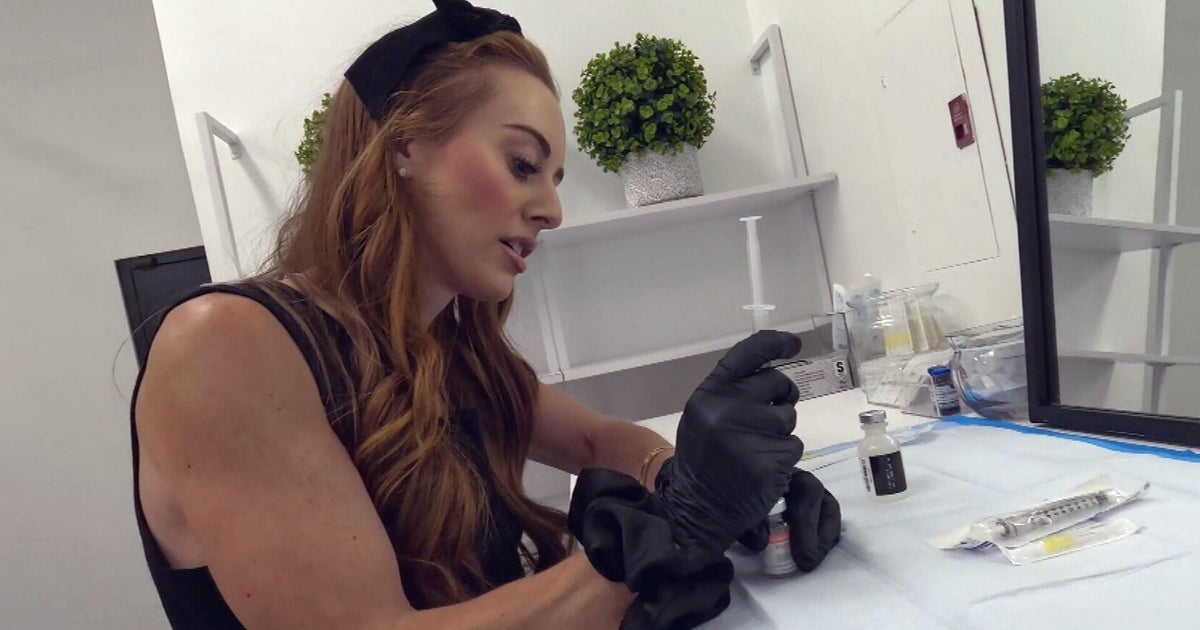

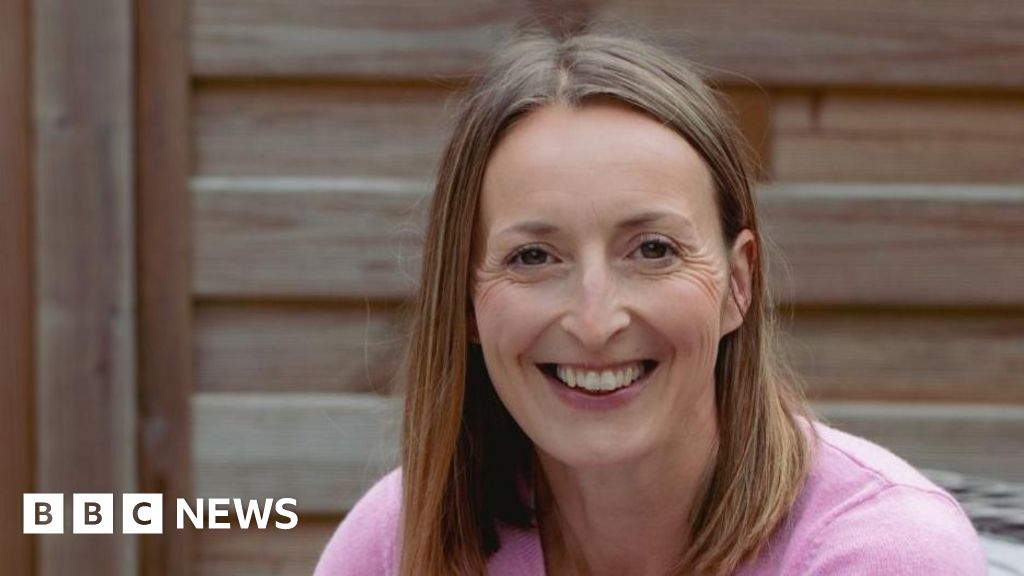






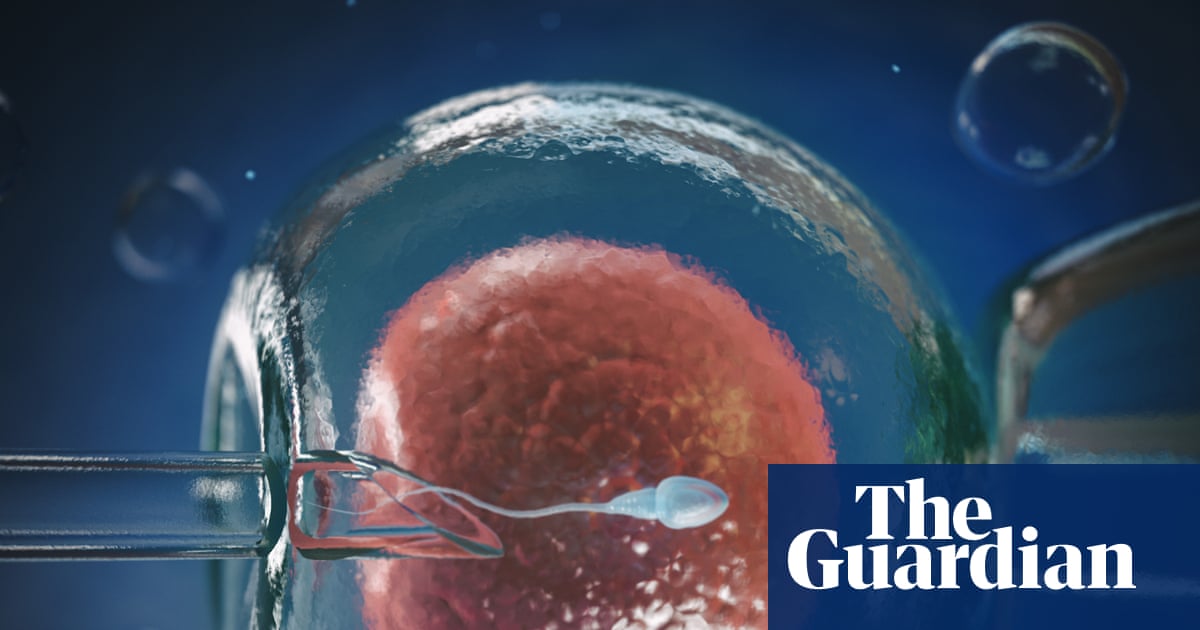
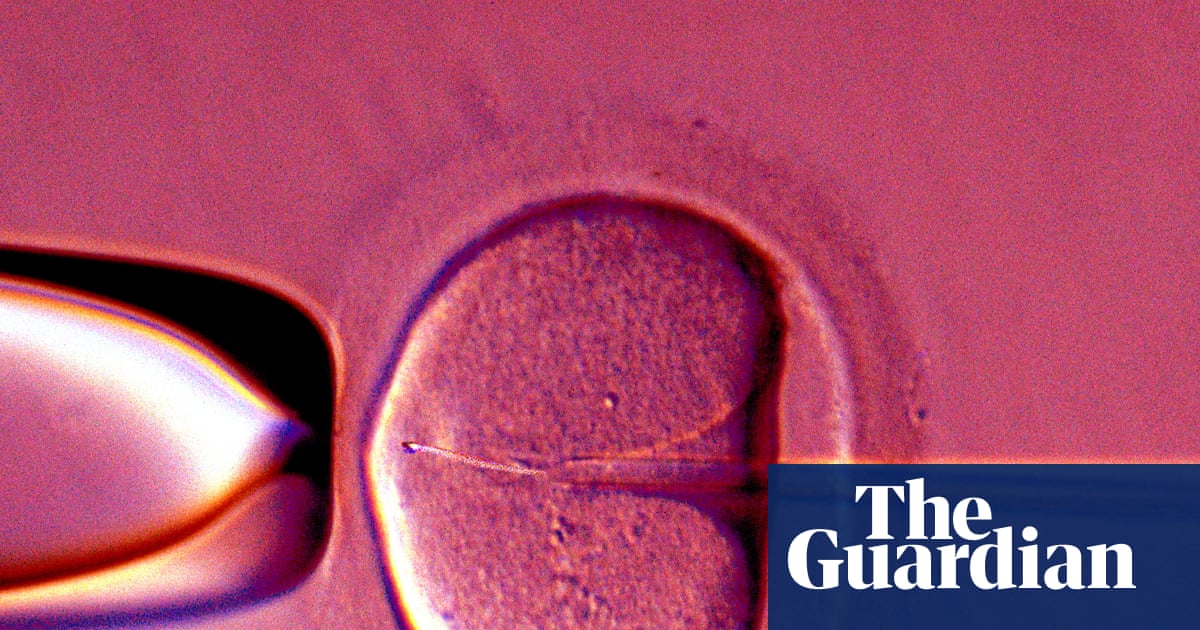

.jpg)
.png)
